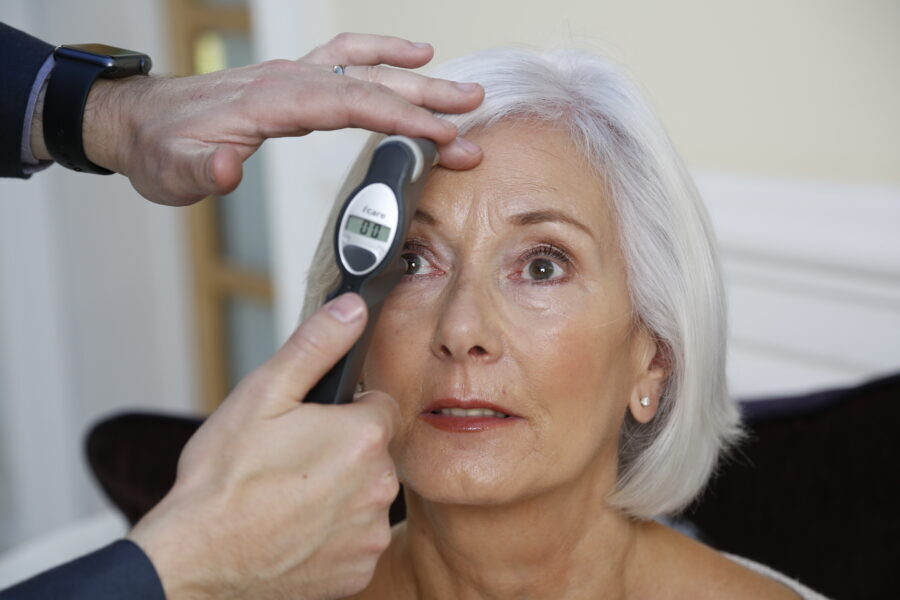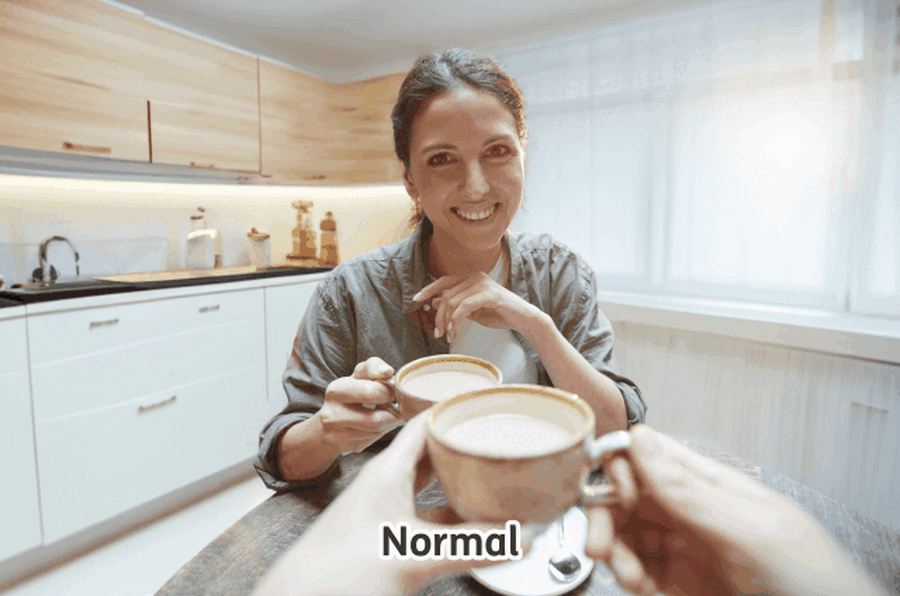Blog post
The Link Between Family History, Ethnicity and Your Eye Health

Matthew Burford BSc(Hons) Optometry MCOptom - Domiciliary Optician and Professional Services Manager at OutsideClinic
5 minute read time
When we talk about eye health, it's a good idea to be aware of your family's eye health history. Your family history of eye health helps you know what to keep an eye out for.
Hereditary eye conditions in your family are just one of the risk factors of developing an eye condition.
Ethnicity can also play a part in how likely you are to develop certain conditions. For example, people of Asian or Afro-Caribbean descent are more likely to develop certain eye conditions than other groups of our society.

Which common eye conditions are genetic?
Glaucoma
Primary open-angle glaucoma is the most common form of the condition, and it can be hereditary.
It’s also worth noting that people of Afro-Caribbean heritage are 4 to 8 times more likely to develop glaucoma than those of Caucasian heritage.
The NHS are vigilant if there's a family history of glaucoma as it increases your chances of developing it.
Since the symptoms of glaucoma can often be unnoticeable, only a sight test can diagnose the condition. NHS England offers a free NHS sight test to if you:
- Are over 40 and have a parent, sibling or child with glaucoma
- Have been told by an ophthalmologist (eye doctor) that you're at risk of the condition
Age-related macular degeneration (AMD)
AMD is one of many forms of macular disease and in some cases, it can be genetic.
Your family history can increase your chances of developing age-related macular degeneration.
The Afro-Caribbean population have a greater risk of AMD under the age of 60 compared with the Caucasian population.
On the other hand, those of Caucasian origin are more likely to develop AMD over the age of 60 compared with those of Afro-Caribbean origin.
Diabetic retinopathy
Diabetic retinopathy is one of the eye conditions that collectively are known as diabetic eye disease, which can affect anyone with diabetes.
While diabetic eye disease isn't necessarily hereditary, diabetes in some cases can be genetic.
People of Asian and Afro-Caribbean origin have a greater risk of diabetic retinopathy compared with people of Caucasian origin.
Those of Asian heritage are 3 times more likely to develop diabetic retinopathy than those of Caucasian heritage.
If you have diabetes, you should attend your diabetic screening, as it can diagnose diabetic retinopathy.
Read more about diabetic retinopathy
Who does my family history include?
When your optician asks about your family history of eye health, they will want to know if your parents, grandparents, aunties, and uncles have ever had any eye conditions.
Equally if your children or siblings have eye conditions, it could mean that there are certain conditions in the family.
Knowing your family history is especially important if you're a parent and your child is having a sight test.

What should I do if I there is a history of eye conditions in my family?
Have regular eye tests
You should attend regular sight tests to monitor your eye health.
The recommended frequency of eye tests is determined by your risk factors, including your family history.
By having a regular sight test, if you do develop an eye condition, your optician can diagnose it early on.
In doing so, it can increase the success of treatment or management of the condition and help you to continue living an enriched life.
Read more about the recommended frequency of eye tests

Look after your eyes between visits
Daily eye care can help to keep your eyes otherwise healthy, especially if your family history means you have a greater risk of an eye condition.
While healthy eyes may not prevent an eye condition, they may help to delay the onset or progression of an eye condition.
Read more about how to look after your eyes


By Matthew Burford BSc(Hons) Optometry MCOptom - Domiciliary Optician and Professional Services Manager at OutsideClinic
Matthew graduated from Aston University in 2004 with a degree in Optometry.



